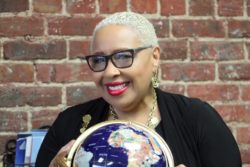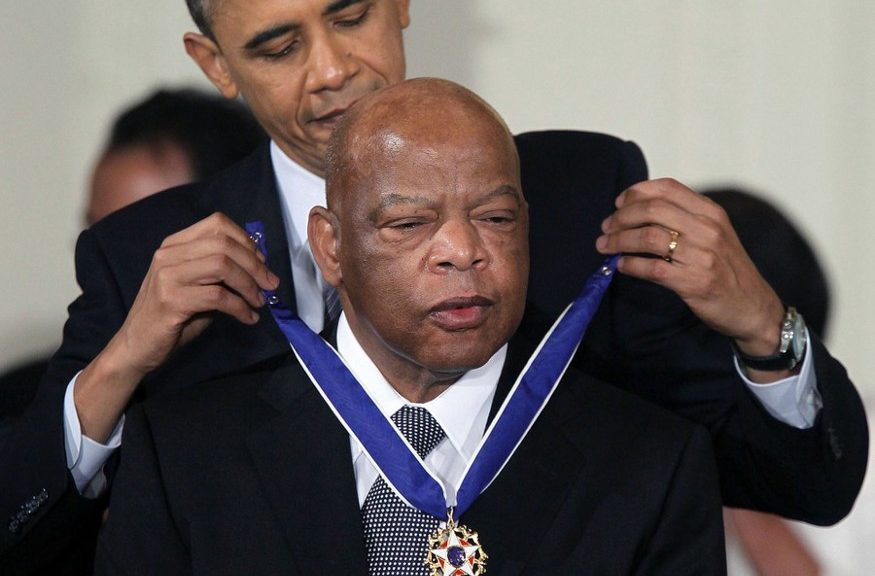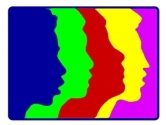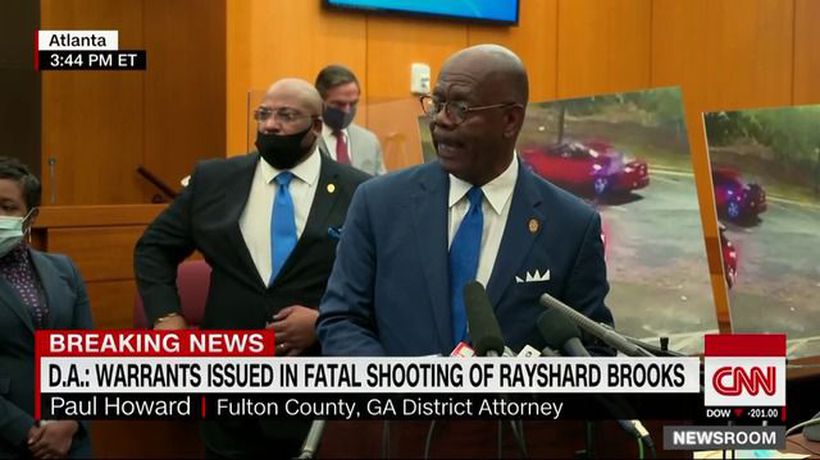A Tribute to the ‘Conscience of Congress’
As he’s laid to rest, there are no shortage of salutes to Congressman John Lewis, the formidable civil rights activist and legislator from Georgia who departed this earth on July 17, 2020, at the age of 80.
Mr. Lewis was a larger than life figure, a fierce, fiery presence packaged in a medium-sized man’s body. He was a person who lived an extraordinary life.
Mr. Lewis, there have already been numerous, bountiful tributes to you; you were more than deserving of such recognition.
The commentary (save for a few right-wing websites) has been overwhelmingly positive and rightly so. Indeed, even when you were alive, there were a considerable number of articles written about you and your life experiences. You were a living legend.
To hear network commentators, radio hosts, prominent and lesser-known podcasters and people from all walks of life pay their respects to you was and is nothing short of deliriously satisfying.
For a Black man who was born in 1940 in Troy, Alabama, a child of the deep, segregated south, life was a challenge from the very beginning.
Bold Social Activism
From childhood on, you readily witnessed glaring unjust impositions that were routinely perpetrated upon Black men and women who often had no recourse, legal or otherwise, to challenge such indignities. Witnessing and experiencing such injustices made you determined to combat such untoward mistreatment.
While your parents, who were deeply indoctrinated in the mores and customs of the segregated south, were steadfastly opposed to you becoming actively involved in civil rights activities (their concerns and reservations were well-founded), you nonetheless decided to follow your own heart, forge your own path, trust your own instincts, and pursue a life of social activism.
Trust me, more than a few of us, of my generation, thank the Lord that you and others of your cohort did!
It was largely due to those of your generation that monumental change was able to take place in our nation.
For much of your life, you were engaged in confrontations or challenges of some sort, from disagreeing with your parents about how to behave and live your life as a Black man who was living in the legally segregated south, to challenging and confronting vicious southern mobs who attacked you for daring to ride segregated buses or sit at segregated lunch counters, to enduring violent police officers and brutal beatings (your skull was cracked and you almost died).
For demanding the right to vote as an American citizen, you were often at the forefront of challenging injustice wherever it reared its tormenting and sadistic head. You will always be remembered for your courageous leadership in the face of racial oppression, such as:
Your 1960s activism in organizing the Nashville sit-ins in 1960. Your courage in becoming one of the 13 original freedom riders in 1961. Your involvement as director of the Student Non-violent Coordinating Committee (SNCC) in 1963.
Your assistance to Martin Luther King Jr, A. Philip Randolph, and other political and religious leaders of the movement — by adhering to their concerns and wishes that you and some of your fellow comrades modify the language of your eventually delivered speech, and restrain behavior that was viewed as aggressive by some— made that iconic event proceed much more smoothly than it otherwise might have.
In fact, you were often on the front line with Dr. King and other leaders, who you viewed as mentors.
Public Service
During the 1970s, after a few unsuccessful runs for public office, you worked in a variety of government agency positions, first in Atlanta, for the Voter Education Project, for several years, and then working for the Carter administration as a leader of ACTION, VISTA, and similar agencies until you returned to Atlanta.
Unlike the 1970s, your 1980s runs for public office were successful. First you became a part of the Atlanta city council in 1981, and then you pulled off an upset by defeating fellow civil rights activist Julian Bond in 1986 and becoming a member of the House of Representatives.
The campaign temporarily damaged your decades’ longtime friendship with Bond, but over time both of you managed to mend the wounds. You went on to be reelected more than 16 times!
While in Congress you were known and widely respected by your colleagues as, “The Conscience of Congress.”
You, along with several other veterans of the modern civil rights movement were overcome with unbridled emotion at the unveiling of the Martin Luther King Memorial in 2003 as his widow, Coretta King and others consoled you.
Who can forget when you stood on the house floor with a picture of yourself drenched in blood shouting “this was my blood” as you passionately demanded that Congress support the extension of the Voting Rights Act of 1965.
Fellow congressional members stood up and applauded you for your bravery then and on “Bloody Sunday” in Selma.
Congress went to extend provisions of the Voting Rights Act in 2006. Although, it is ironic that such legislation is now under attack as you have passed on.
In your later years, you were as fiery as ever, demanding that the needs of the marginalized and voiceless be addressed.
Even in your 70s, you were getting arrested for standing up to and challenging injustice. You eventually came to support Barack Obama for president after initially supporting Hillary Clinton.
While you marched with a few Presidents, it was the image of you with President Obama, First Lady Michelle Obama and their daughters — the first Black family to live in the White House — marching over the Edmund Pettus Bridge, where you almost lost your life more than half a century earlier, which was nothing short of tearful for many of us.
It was an electrifying moment for many of us. Your emotional embrace of the former president was touching as well.
You argued that all Americans, regardless of race, gender, sexual orientation, religion, or other specific factors be treated as equal and human beings. It was due to brave, heroic individuals like you and others that Barack Obama was elected president in 2008.
Congresswomen Alexandria Ocasio Cortez, Ilhan Omar, Ayanna Pressley, and many others now follow in the pathway you opened up. Witnessing President Obama award you the Medal of Freedom in 2012 was nothing short of spectacular.
Fighting pancreatic cancer undoubtedly was one of your heaviest battles to wage. Even then, you did so with sophistication, strength, and dignity.
You were a shining example of courage.
Final Thoughts
God called you home on July 17th.
There is no doubt that Martin Luther King, Jr. and Coretta Scott King, Frederick Douglas, Juanita Abernathy, A. Philip Randolph, C.T. Vivian (who passed away on the same day as you) and, of course, your longtime friend and short-term nemesis, Julian Bond, and many other forebears have welcomed you with heavenly arms.
Once again, thank you for all you did. You lived and endured an extraordinary life from the womb to the tomb.
May you rest in peace.






 Chattanooga’s Black-Jewish Dialogue
Chattanooga’s Black-Jewish Dialogue